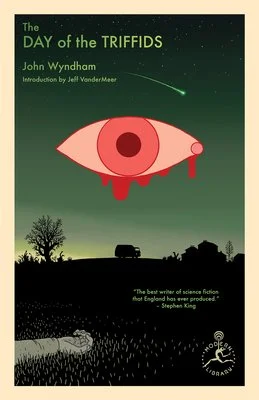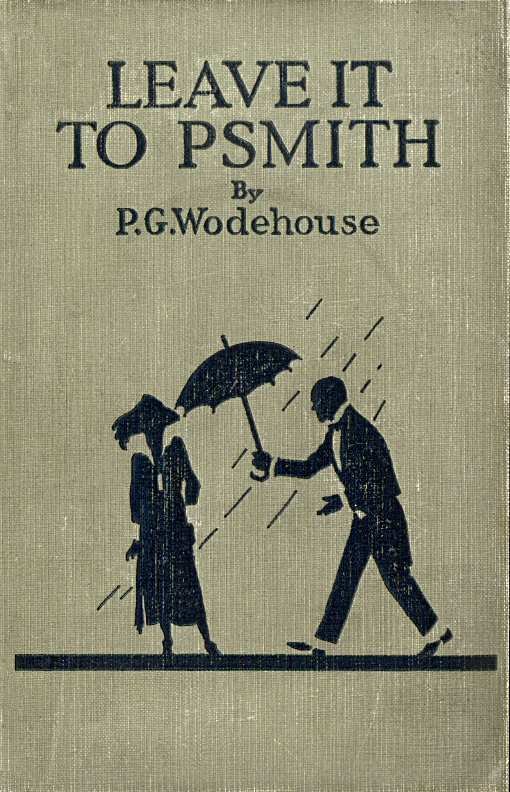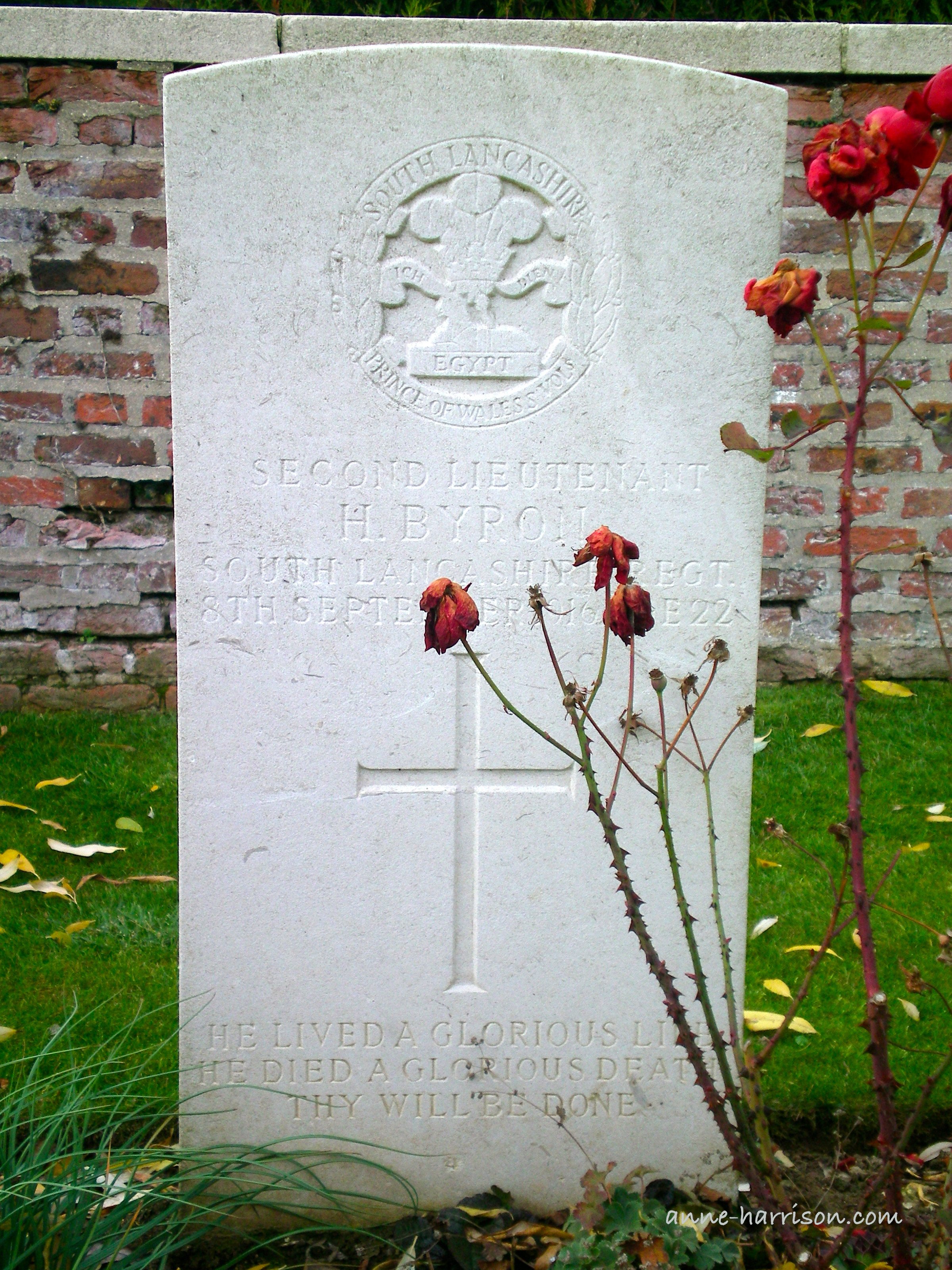The Day OF The Triffids
A post-apocalyptic dystopian classic.
When a day that you happen to know is Wednesday starts off by sounding like Sunday, there is something seriously wrong somewhere. I felt that from the moment I woke… The way I came to miss the end of the world – well, the end of the world I had known for close on thirty years – was sheer accident: like a lot of survival, when you come to think of it.
From the opening sentence the reader knows they have entered a world which has quite literally changed overnight. Like other great dystopian novels such as 1984, this is not an alien world but our own, so familiar yet different, and it is this contrast which is so important to the effectiveness of the The Day Of The Triffids.
John Wyndham (John Wyndham Parkes Lucas Beynon Harris) published The Day Of The Triffids in 1951 to critical acclaim. A post-apocalyptic novel, it follows the rapid disintegration of society following a world-wide meteor shower which blinded all who saw it. With most of mankind now sightless, the world falls rapidly into decay, hastened by a subsequent unknown plague which rapidly kills those who are infected. All the while there is the ever lurking presence of the triffids, carnivorous plants with the ability to move, to kill — and to learn.
The narrative opens with Bill Masen waiting in hospital to have the bandages removed from his eyes — he had been temporarily blinded by triffid poison, and so missed witnessing the meteor shower. Slowly he comes to realise he is one of few who can see in a largely sightless world. He leaves hospital to find London rapidly reduced to anarchy — as is, as we eventually discover, the rest of the world.
“Standing there, and at that time, my heart still resisted what my head was telling me. Even yet I had the feeling that it was all something too big, too unnatural really to happen. Yet I knew that it was by no means the first time that it had happened. The corpses of other great cities are lying buried in deserts, and obliterated by the jungles of Asia. Some of them fell so long ago that even their names have gone with them. But to those who lived there their dissolution can have seemed no more probable or possible than the necrosis of a great modern city seemed to me…
It must be, I thought, one of the race’s most persistent and comforting hallucinations to trust that ‘it can’t happen here’ — that one’s own little time and place is beyond cataclysms. And now it was happening here. Unless there should be some miracle I was looking on the beginning of the end of London — and very likely, it seemed, there were other men, not unlike me, who were looking on the beginning of the end of New York, Paris, San Francisco, Buenos Aires, Bombay, and all the rest of the cities that were destined to go the way of those others under the jungle.”
Through the novel runs the theme of how the individual responds to this anarchy, when knowledge is lost and day-to-day survival is fragile. Masen rescues Jocella Playton who is being forcibly used by a blind man as his ‘eyes’; together they discover a group of sighted people who aim to establish a colony in the country. Before they can join them, however, both Masen and Jocella (as well as other sighted survivors), are kidnapped by a man named Coker who has established his own survival group. They are chained to a group of blind people and given a section of London to find supplies whilst avoiding the ever present triffids.
Although the cause of the blindness, nor the origin of the triffids, is never explained, the then threat of the Soviet Union and the consequences of the space race loom large in the novel, as does the role of chemical and biochemical warfare. The meteor shower is assumed to be a result of orbiting weapons which have somehow detonated, showering the world with their chemical warfare as opposed to the originally planned restricted area. The triffids were originally bioengineered in the USSR for their oil. Their seeds were stolen, but the plane of the escaping spy shot down, thus releasing the seeds to float on the air currents and so be distributed around the world. (The triffids proved remarkably viable and vigorous.)
In this post-apocalyptic world, various enclaves with different rules and survival strategies become established across England. Pre-made provisions and goods rapidly dwindle, and people must establish their own food supply, as well as become self-sufficient in what ever else they need. In an attempt to simply survive, Wyndham raises ethical and moral questions about how this can best be done, and how rapidly established practices and viewpoints become obsolete. Some of the groups become rather medieval in their outlook, with each sighted person given so many blind people he must support; blind people are simply used to produce goods, are not viewed as individuals of any worth, and may be treated as their ‘lord’ wishes: their inhabitants leading, so we hear, a life of squalid wretchedness behind their stockades.
Other groups are more egalitarian, but a polygamous theme runs through them to ensure survival of the human race. Then, naturally, there is religious conflict. All themes reflect the era of the 1950s, with what is now an obvious gender inequality — although Wyndham does question this. As a despotic group gains dominance and forces Mason and Jocella to join them, they flee to the Isle of Wight where another group, through their self-sufficiency, hope to find a way to defeat the triffids and reclaim the earth.
And so the book ends. Just as the cause of the apocalypse is never truly explained, neither is an answer given. Like Mason, the reader is stuck in the present, facing survival each day, and using what little time is not spent on simply surviving on searching for answers for the future:
So we must think of the task ahead as ours alone. We believe now that we can see our way, but there is still a lot of work and research to be done before the day when we, or our children, or their children, will cross the narrow straits on a great crusade to drive the triffids back and back with ceaseless destruction until we have wiped out the last one of them from the face of the land that they have usurped.
Enjoy my writing? Please subscribe here to follow my blog. Or perhaps you’d like to buy me a coffee? (Or a pony?)
If you like my photos please click either here or on the link in my header to buy (or simply browse) my photos. Or else, please click here to buy either my poetry or novel ebooks. I even have a YouTube channel. Thank you!
Plus, this post may contain affiliate links, from which I (potentially) earn a small commission.
Some Other Book You Might Like To Read





Anna Karenina is a novel entirely Russian, yet also modern, because of the depth of Tolstoy’s characters and how he develops them. For a work which encompasses such grand themes, the characters are all too human, trapped by the dictums and hypocrisies of their society. Many consider it the greatest modern novel.